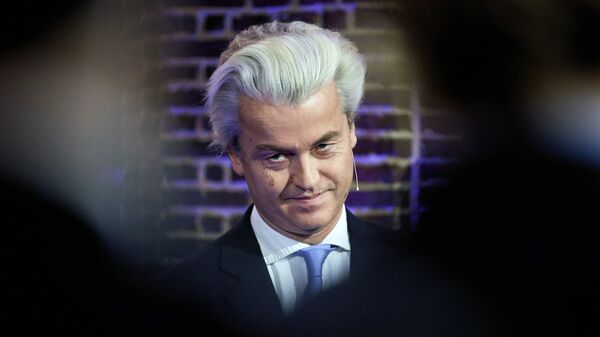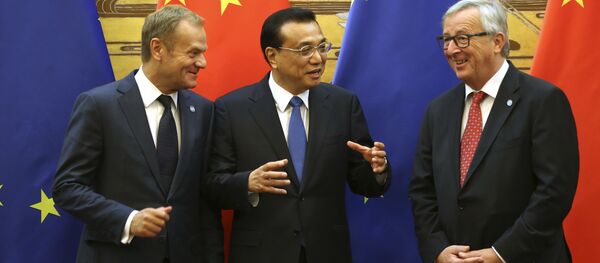The controversial front-runner made a name for himself on anti-EU and anti-immigration rhetoric, similar to the one that has thrown Donald Trump into the US presidency.
The 'Trump of the Netherlands' has labelled the March 15 election the start of a "Patriotic Spring" in Europe, where French and German citizens are due to vote later this year, in May and September respectively. The elections are set to deduce whether the anti-establishment sentiment in the region is still strong.
The two announced on Wednesday that they will confront each other in a televised debate on March 13.
If successful, Wilders plans, among other things, to close the border to immigrants from Islamic countries, to ban the Koran which he called "the Mein Kampf of today" and to take the Netherlands out of the EU, following the lead of the UK.
However, in order to achieve these goals the far-right politician will have to overcome a major obstacle: all but one party refused to form a coalition with Wilders, referring to his policies as offensive and sometimes unconstitutional.
"It creates a political problem because the alternative coalition will in all likelihood include no less than five parties," said Rem Korteweg, senior research fellow at the Centre for European Reform (CER), as cited by Daily Express.




